Call for Presenters

Call for Presenters
The submission window for proposals closes May 31, 2024.
WSSDA’s Annual Conference in November connects school directors, superintendents, student board representatives, and educators from around the state to share, learn and be inspired. The conference also gives attendees the opportunity to be both a learner and a teacher.
School directors, board-superintendent teams, student leaders, educators, and subject-matter experts are invited to submit breakout session proposals for the WSSDA Annual Conference to share your experiences and voice with conference attendees. Not every presenter has be an “expert” or have all the solutions as long as what you’ll share is relevant and informative for our school boards. We encourage submissions that represent a diverse range of voices, concepts, and subject matter to provide a full menu of options for session attendees.
Sessions that center student experiences and voice, feature students as presenters, and/or focus on the role of the students in board decision-making will be given high priority.
Strands
These seven strands encompass some of the most important work of school boards, plus there is a category for sponsored sessions that include a vendor. Together with the conference theme, use them as a framework to think about topics in which other boards would benefit from your experiences.
Educational Equity – Eliminating opportunity gaps; policies that support equitable, culturally competent, and culturally-relevant practices; belonging, addressing disproportionalities including race, poverty, gender, special education status, multilingual learners and migrant status; diversity, equity and representation; and ensuring equity in your budget and strategic plan.
Effective Governance – Policy and legal issues, district oversight, accountability, board governance tools, finance, budgeting, collective bargaining, governing during a crisis, lessons from virtual meetings and events, effective meeting practices, communicating with your community, and parliamentary procedure.
Innovative Practices – trends in education and technology, virtual tools and instruction; Artificial intelligence (AI), policies and practices around technology adoption and use; social media and cell phone usage/policies; and preparing students/families/the board for the future.
Sponsored — topics presented by vendors relevant to school boards and districts
Strategic Advocacy – Authentic family and community engagement, legislative advocacy and outreach, partnerships, passing bonds and levies, new ways to connect with community, strategies for gathering family and community feedback, advocating for student and district needs.
Student Success – Understanding and using student data; multiple measurements of success, including academic achievement; students prepared for life, college and career; student engagement; student voice; student board representation; learning standards implementation; and curriculum/instructional materials selection.
Student Well-Being – Practices that supporting students’ mental, emotional, and physical health; social-emotional learning; counseling and mental health supports and partnerships; physical health and safety; social emotional learning (SEL); inclusionary and/or trauma-informed practices; addressing issues of homelessness and foster care; re-engaging dropouts.
Visionary Leadership – Strategic planning and implementation; district culture; professional development; collaborative processes; board-superintendent roles and responsibilities; superintendent search and evaluation; facilities planning; leadership in times of crisis; and incorporating student voice in decision-making.
- Submitting a successful proposal
- Tips for a great presentation experience
- Presenters will be notified of the selection committee decisions in August.
Tips
Breakout session proposals are most likely to be selected if they:
- Offer action steps and replicable ideas for the success of our students and schools
- Include school directors and/or students in the presentation team
- Incorporate student voice
- Include data or other evidence of success
- Provide insight into how a district has successfully tackled an issue and made improvements, even if not fully resolved yet
- Describe the school board’s role in the process
